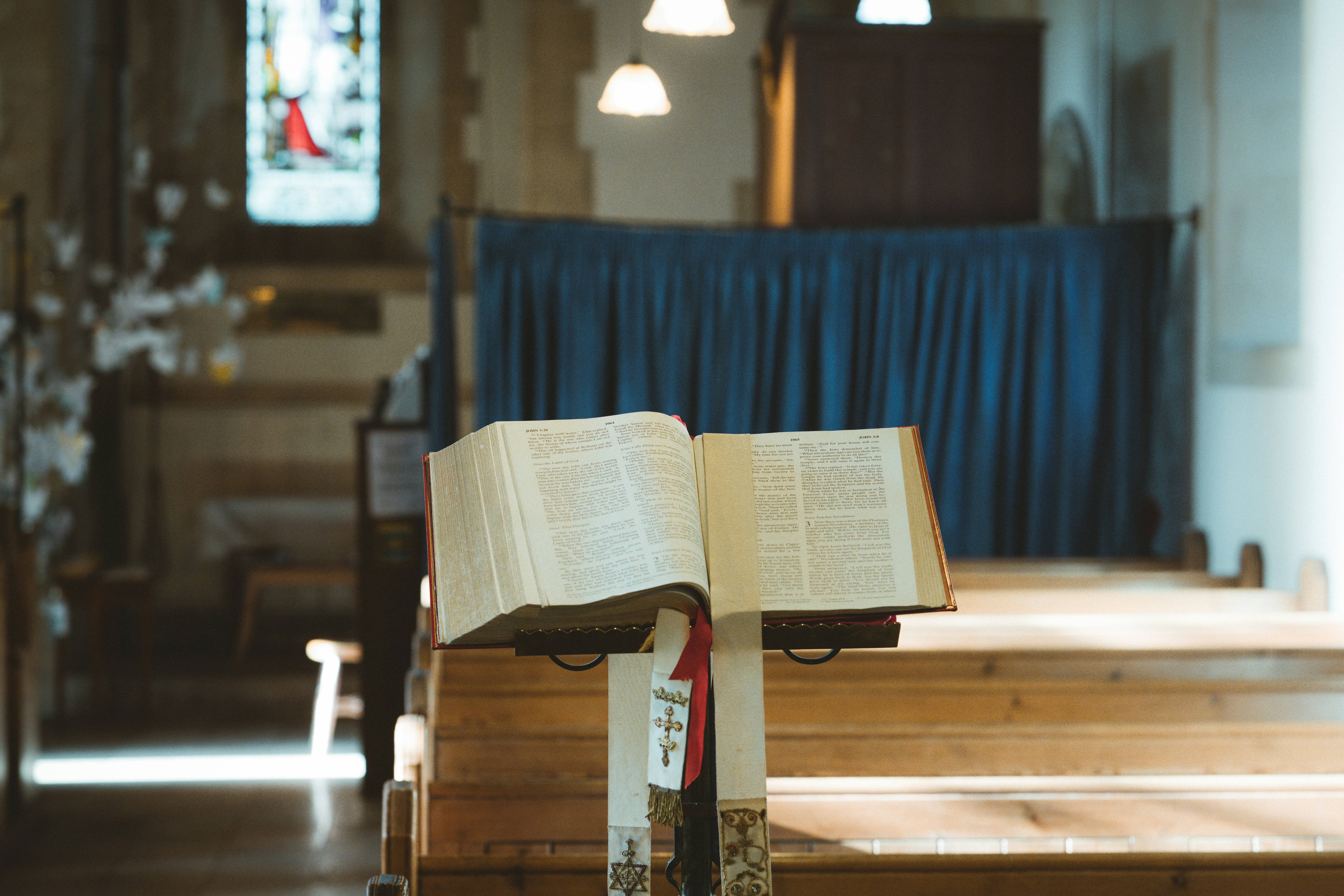
In the thirtieth episode of the second season of the “Saturdays at Seven” conversation series, Todd Ream talks with Rev. Emmanuel Katongole, Professor of Theology and Peace Studies at the University of Notre Dame. Katongole opens by discussing how he came to understand reconciliation and that despite the stubbornness of sin, God is at work in the world, inviting all of us to play a role in that larger story of reconciliation. He then shares how he came to be called to the priesthood, the two times he enrolled in seminary, and how the first time he enrolled yielded a sense of purpose that made all the difference the second time he enrolled. Katongole discusses how he understands home, how he values the childhood and the connections he shares with the people of Uganda, but also how anywhere he lived (including Southern Europe, Northern Europe, the American South, the American Midwest) also contributed to how he understands himself and home. Katongole offers details concerning how his books each respectively seek to deepen how audience members understand that larger story of reconciliation. He then concludes by offering how he understands the academic vocation, the two stories that define it, and ways the Church and the university can be of greater service to one another in the years to come.





















